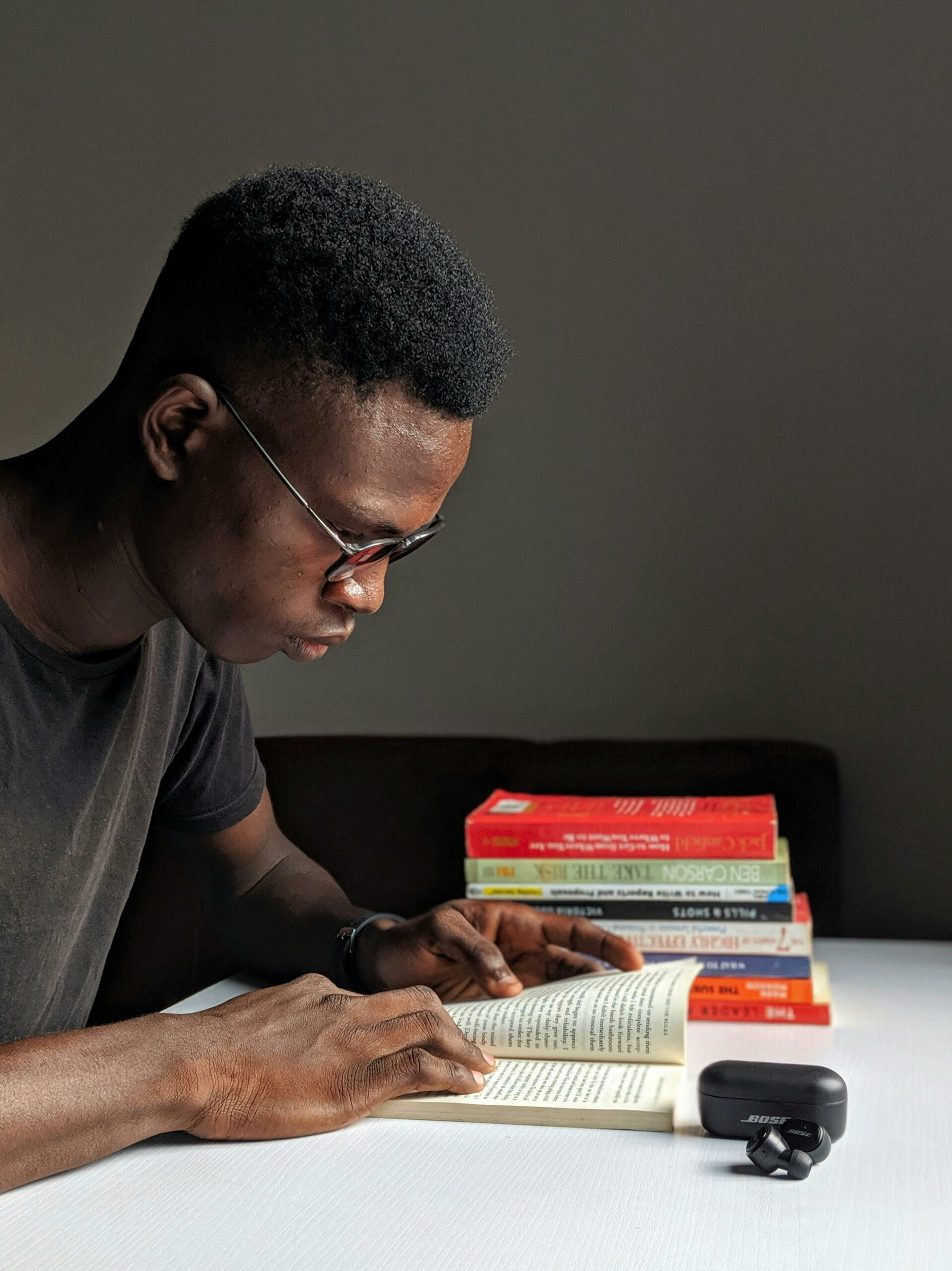
Supporting you at university

Going to university can be an exciting time. As well as giving you the chance to
develop knowledge and gain qualifications, you will also have the opportunity to
meet new people and gain new experiences.
If you are disabled or have additional support needs, you will need to think about the
support you might need to study at university. The support you will receive at
university is likely to be very different to the support you might have received at
school or college, and you are often expected to take more responsibility for your
learning.
This guide will help you understand:
• What kind of support is available to you while at university
• Who has responsibility for providing the support you need
• Who to contact if you need advice and support